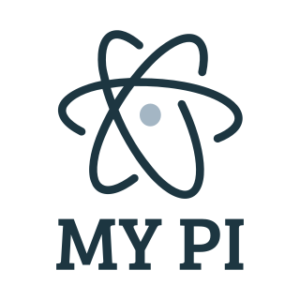
Introducing My PI – Using Science to Transform Your Workplace
Explore how ‘MY PI: Using Science to Transform Your Workplace’ leverages behavioural science to revolutionise HR practices, offering in-depth insights, practical tools, and a vibrant community for HR professionals.











